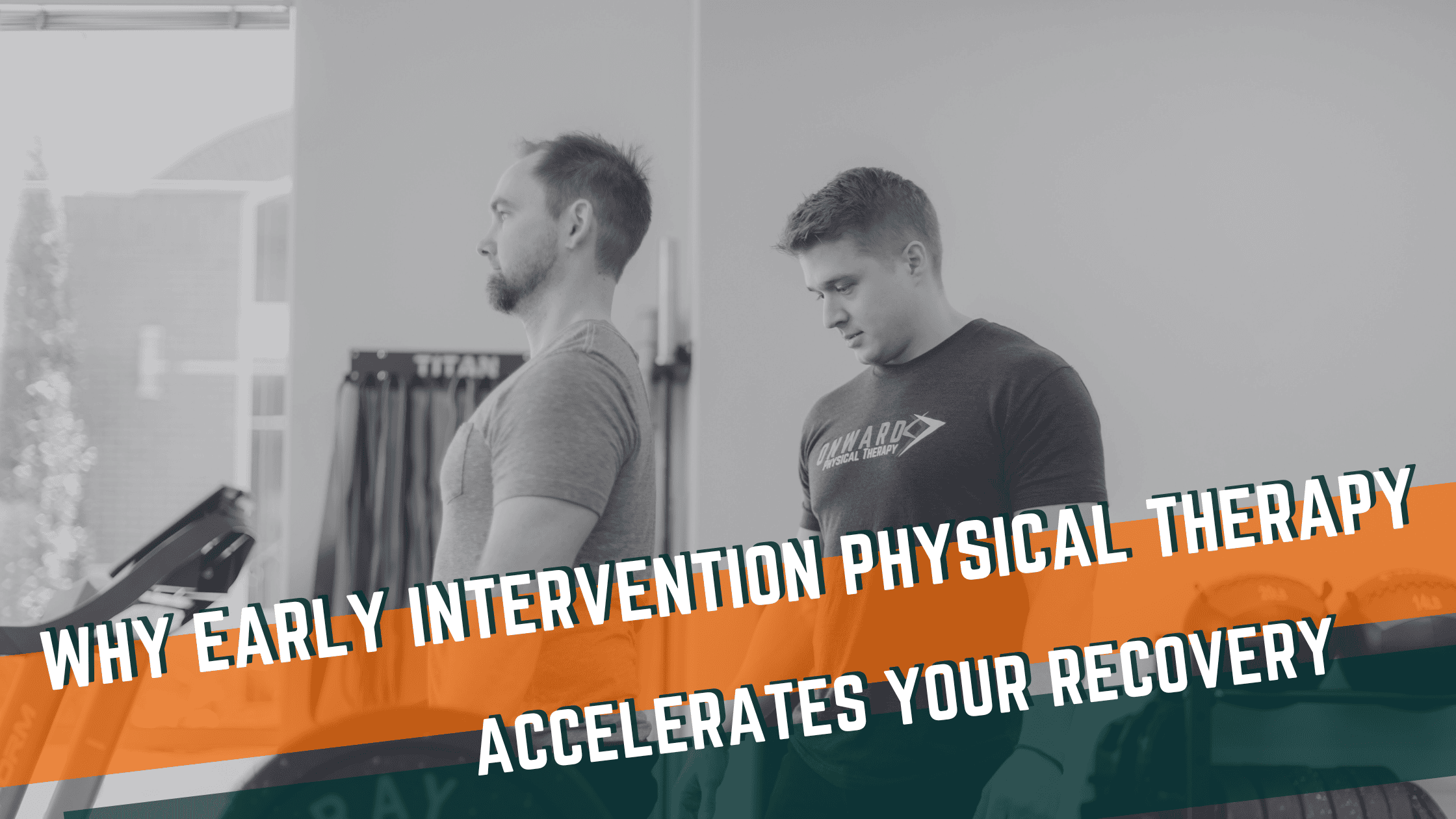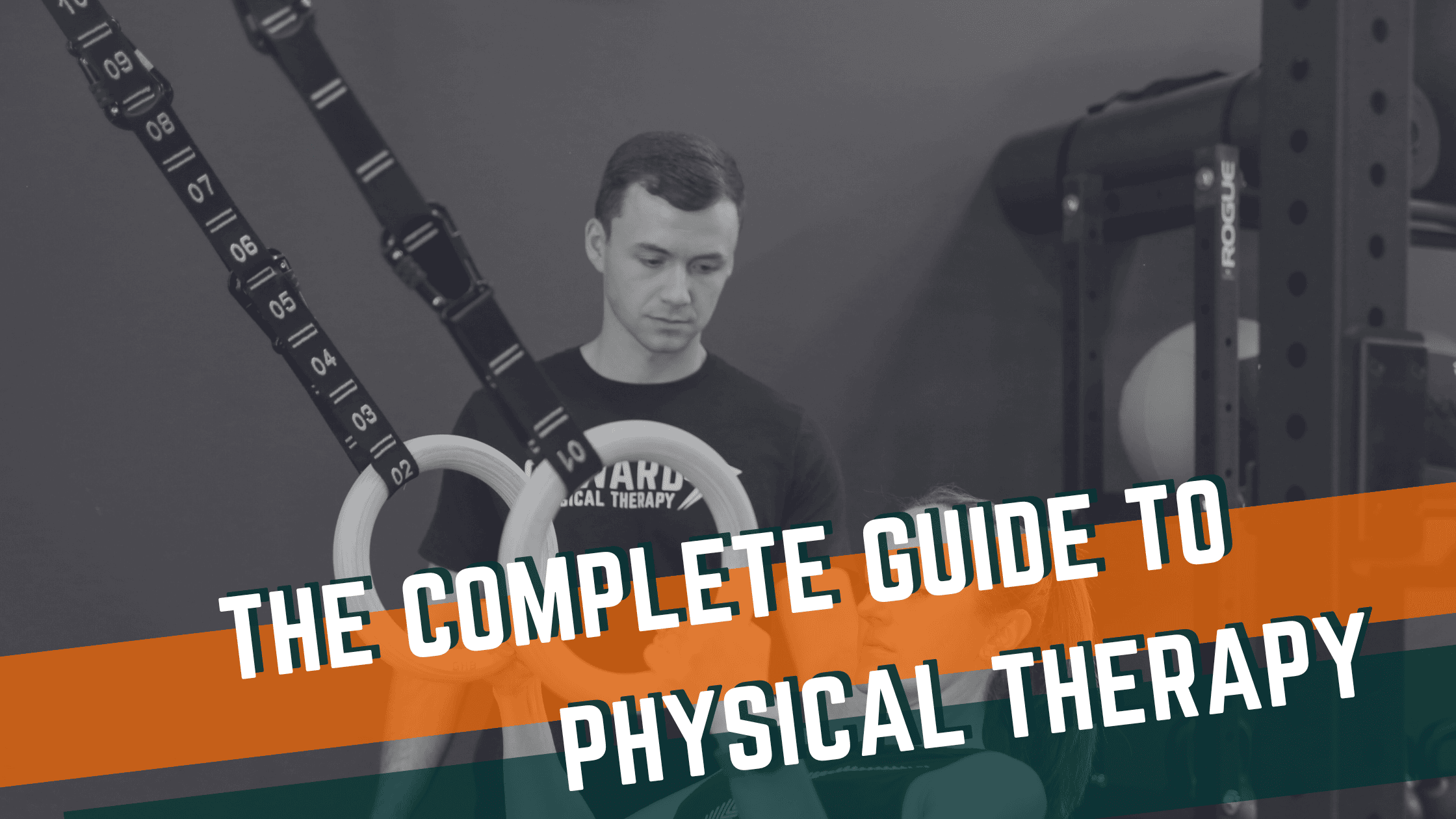
That race is coming up and it’s time to start putting in the miles. Whether you are going for that half marathon, marathon, or ultra marathon distance, you are bound to be spending some time on the road or trails over the next few months.
At Onward Bellingham, we specialize in working with runners. We can help maximize efficiency with your running form, keep you running while taking care of an injury or pain, and help with your training plan to make sure you are set up for success.
To get started, check out our top 5 tips to help you stay healthy as you ramp up for that upcoming race.
Tip # 1: Don’t Run All Runs at Marathon Pace
This is especially important for those long runs! And even more important for those of you putting in the miles for that full marathon or ultra-marathon. Your LONG runs should be SLOW. And by slow, think at least 30 seconds to 1 minute and 30 seconds slower than your planned race pace. This allows your body to adapt to the higher mileage while still being able to recover.
Speedwork is definitely still acceptable. If you are working on a specific time goal, we encourage you to pick at least 1 day a week, depending on your program, to do sprint or tempo work. However, once again, NOT ALL RUNS SHOULD BE AT RACE PACE.
Tip # 2: Strength Train, and GO HEAVY with your Strength Work
One mistake we see a lot of runners make is either skipping out on strength training or doing lighter, faster strength training (think HIIT or high rep low weight exercise). Your muscles are already getting that repetitive load with your training runs as you put in those marathon miles. What your muscles really need is HEAVY resistance training.
A study on strength training for runners recently published in the British Journal of Sports Medicine found “Improvements in muscular endurance are achieved specifically by running and should not be the goal of a strength training program. Completing endurance-type exercises (eg, 3 sets of 20 reps or more with light resistance) has been reported to be less effective than heavy resistance and explosive resistance training in achieving benefits to running performance”.
This means it’s time to bust out those weights and GET TO WORK WITH A HEAVIER LOAD. New to strength training or not sure where to start? Check out our FREE strength training for runners here:
http://bit.ly/OnwardBellinghamStrengthTrainingforRunners
Tip # 3: Don’t Forget About Elevation

Another common mistake runners make when increasing volume is forgetting to account for elevation. Let’s say you run a total of 50 miles one week with 2000 total feet of elevation gain. The next week you step it up to 55 miles with 10,000 total feet of elevation gain. You may think that you have only increased volume by 10% going from 50 miles to 55 miles. However, in reality, the volume has increased much more due to the big change in elevation gain.
Pay attention to this. Make sure when you have big changes in elevation between weeks, you don’t also have big changes in mileage.
Tip # 4: Get Quality Sleep
Sleep plays a hugely important role in your ability to recover from your runs. Getting enough sleep gets even more important as you put in those longer mileage weeks as you ramp up towards that half marathon, marathon, or ultra-marathon distance. Ideally, we are aiming for at least 8 hours of sleep a night.
However, if you don’t feel like you have time to sleep more, you can still work on improving QUALITY of sleep. Check out our Instagram post on tips for improving your sleep quality HERE.
Tip # 5: Nutrition Matters!
Eat to train, don’t train to eat. This means a balanced intake of macronutrients (protein, carbs, and fat) throughout the day and fueling before, possibly during, and after your long training runs. Those long runs require a high amount of energy and you want to make sure you are fueling ENOUGH to sustain your effort.
Unfortunately, this does not mean, “Wow, I burned 2,000 calories on that 3-hour marathon training run, I should eat a whole pizza to refuel!” Quality of food matters too! We recommend eating the rainbow (getting lots of different fruits and veggies) and focusing on whole foods over processed foods (shop on the outside of the grocery store). If you are struggling to figure out how much you should be eating or what you should be eating to support your training, we recommend working with a nutritionist or dietician.
Looking to take your marathon training & performance to the next level?
We are here to help! At Onward Physical Therapy, we specialize in helping runners optimize their performance and stay healthy while training for their next big race. During our assessments, we perform a running analysis with a slow-motion breakdown of your form, combined with an orthopedic assessment of your strength and flexibility to make sure we are addressing all key factors. We also can take a look at your training programming and work together to optimize your plan and make sure you can get to that half marathon, marathon, or ultra-marathon distance!
Learn more about our running analysis assessments here!
Recent Articles
Why Early Intervention Physical Therapy Accelerates Your Recovery

What to Expect at Your First Physical Therapy Session?

How to Choose a Physical Therapist

The Top 5 Misconceptions About Physical Therapy

The Complete Guide to Physical Therapy

